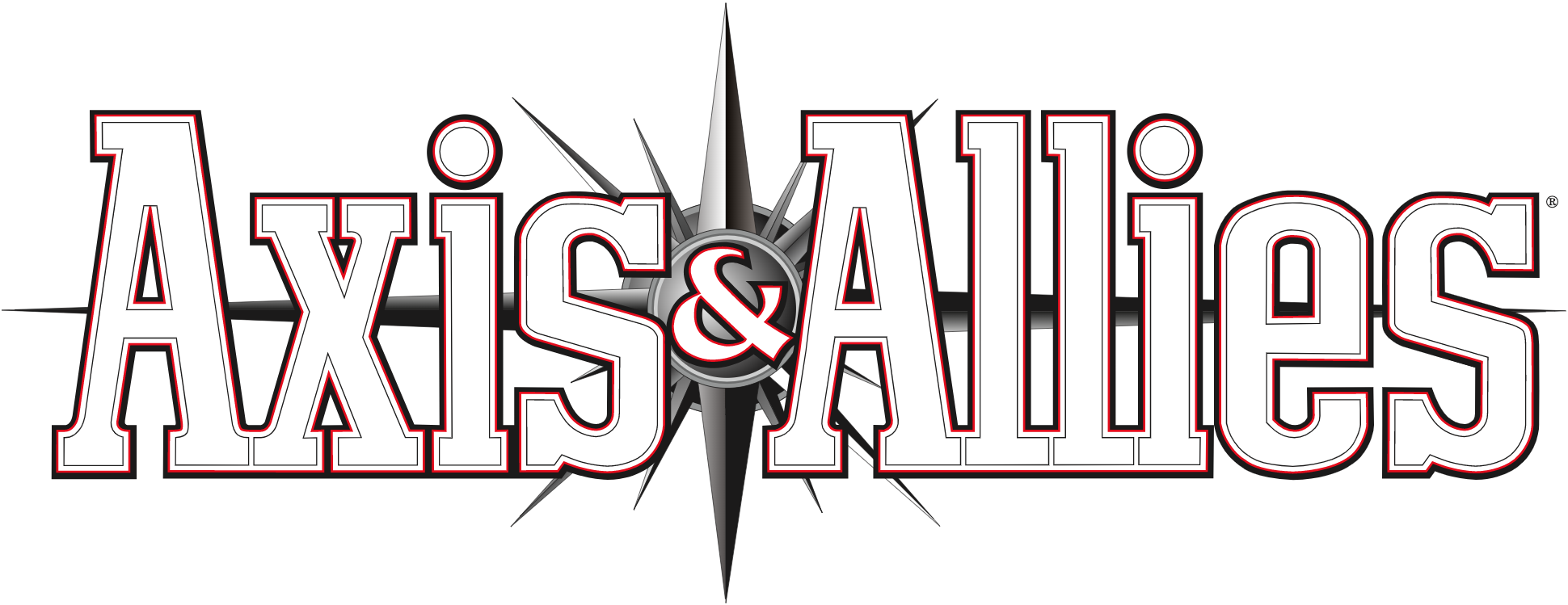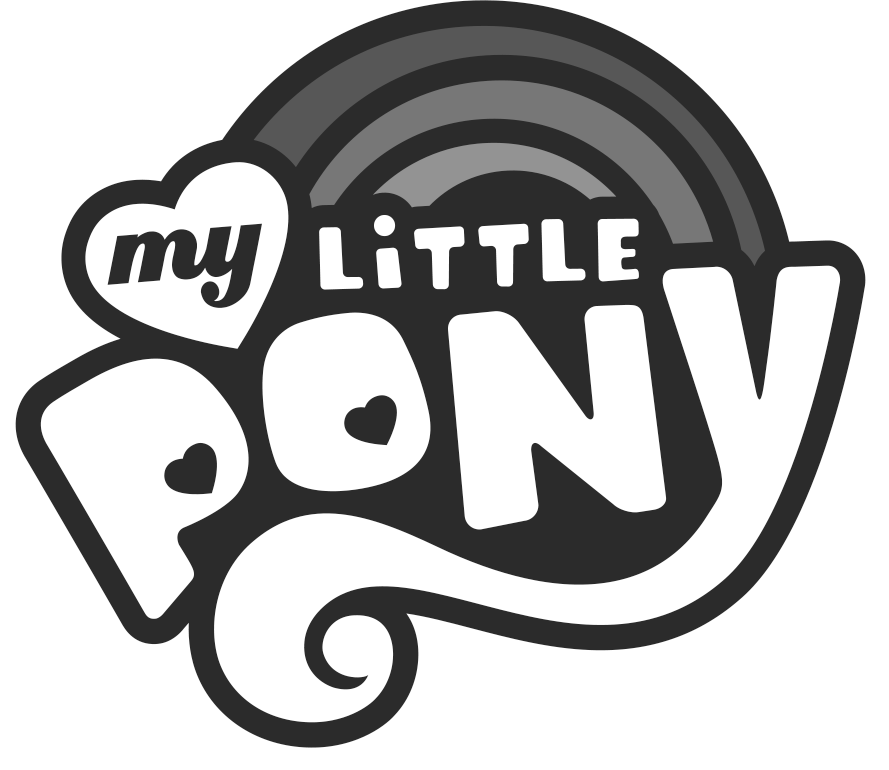A Historical Note on Race at the 1893 World's Fair
Posted by Jade R. Rogers on Feb 14th 2023
When our team was working on this new edition, we worked with historical consultant Jade R Rogers - the founder of The House of Afros, Capes & Curls. You can check out her website at www.jaderrogers.com. The new rulebook includes the following historical note she wrote about race at the World's Fair in 1893.
A Historical Note on Race at the 1893 World's Fair
by Jade R. Rogers
There were many great things about the fair, but unfortunately, it also reflected some of the prejudices of its time.
For African Americans, the 1893 World’s Columbian Exposition was a denied opportunity to shine a light on the accomplishments and success of Black people, less than thirty years into their freedom from enslavement in America. Though Black men and women worked in service and domestic positions, there were no exhibitions to call attention to Black achievements.
Frederick Douglass was at the fair as the U.S. Minister to Haiti, the only Black nation in attendance. Along with newspaper editors Irvine Garland Penn, Ida B. Wells Barnett, and her husband Ferdinand Lee Barnett, Douglass collaborated in writing a publication that would address Black concerns at being excluded from the fair. This publication, The Reason Why the Colored American Is Not in the Columbian Exposition, exposed the unequal treatment of Blacks in America while celebrating their accomplishments.
Despite many petitions to have a seat on the Board of Lady Managers assigned to a Black woman, social reformer Fannie Barrier Williams was not granted a position but was instead appointed to assist in installing all the exhibits in the Women’s Building. Williams was an educator, activist, and co-founder of the National League of Colored Women. She used the opportunity to speak at several events during the fair.
While we celebrate the wonders of the Ferris Wheel and electric lights, let us not forget how the fair fit into the historical context of that time, and to honor those who used it as an opportunity to have their voices be heard despite the barriers. Because of their efforts, Black people’s concerns in America were on a national agenda and their accomplishments were on the world’s stage















